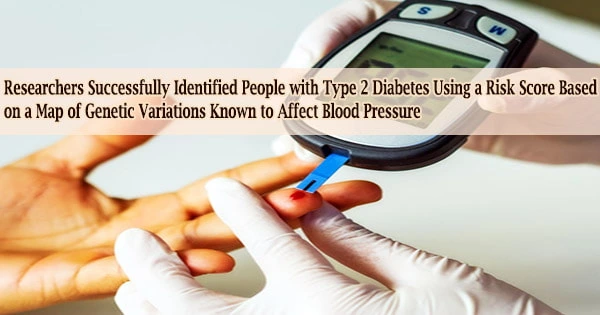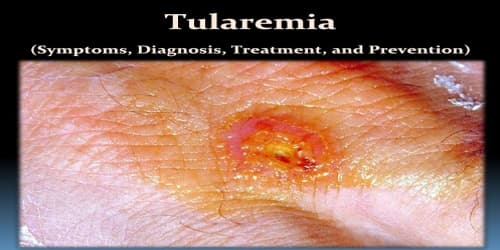According to a study published today in the American Cardiac Association’s peer-reviewed journal Hypertension, a risk score based on a gene map predicted the chance of high blood pressure leading to heart issues or stroke in adults with Type 2 diabetes.
This tool could be especially helpful for persons who have recently been diagnosed with Type 2 diabetes or who have prediabetes.
Adults with Type 2 diabetes are twice as likely to suffer a heart attack or stroke than people without the disease, according to a previous study. Various health indicators, such as blood pressure, cholesterol, and blood sugar levels, are frequently used to assess a person’s risk of heart disease.
Researchers in this study looked at whether it also linked genetic variants connected to high blood pressure to subsequent heart disease or stroke in people with Type 2 diabetes, and then used that information to create a risk score.
“Increased genetic risk of high blood pressure may predispose some people with Type 2 diabetes to a higher risk of heart attack, stroke, or cardiovascular death,” said lead study author Pankaj Arora, M.D., director of the Cardiogenomics Clinic Program and the Cardiology Clinical and Translational Research Program at the University of Alabama at Birmingham.
“We conducted the study to determine if this genetic risk score can identify people with Type 2 diabetes who have a higher risk for cardiovascular events and if tight control of blood sugar impacts the link between genetic hypertension risk and cardiovascular outcomes.”
Arora and colleagues looked at the health records of 6,335 people who had genetic data in the Action to Control Cardiovascular Risk in Diabetes (ACCORD) trial database.
If you have Type 2 diabetes, there’s a lot you can do to reduce your risk for heart disease. In addition to blood sugar control, which is absolutely paramount, we highly encourage people living with Type 2 diabetes to talk with their health care team about other personal and familial risk factors for heart disease or stroke, and what they can do to manage or modify them.
Eduardo Sanchez
Participants self-identified their race or ethnicity: 15% were African Americans, 6% Hispanics, 70% were white, and 9% chose “other.” They were all Type 2 diabetics with high blood pressure, and they were observed for 3.5 years.
To estimate the study participants’ hereditary risk, a genetic variation map of more than 1,000 common genetic variants known to affect blood pressure was compared to the DNA of the participants. A higher genetic risk score was associated with more matches between the participant’s DNA and the map of known blood pressure genetic variations.
The genetic risk score indicated study participants with a higher risk of cardiovascular events, according to the researchers:
- Each degree higher in genetic risk scores was linked to a 12 percent increased risk of heart disease or stroke occurrences in those with higher than average genetic risk scores.
- Even if participants were using blood sugar-controlling medications, the link between genetic risk and cardiovascular events remained the same.
To be able to apply these findings more broadly, additional testing of genetic risk scores in persons who do not have Type 2 diabetes is required.
The findings of differences in individuals’ genetic risk scores for high blood pressure did not fully explain why intensive glycemic control (aggressive insulin treatment, medications, diet, and exercise) did not appear to have a cardiovascular benefit for people with long-standing Type 2 diabetes, according to Arora and colleagues.
“However, a genetic risk score may be helpful for people newly diagnosed with Type 2 diabetes to identify who should have more intense lifestyle changes, such as changes in diet and exercise, and more aggressive management of weight, blood pressure and smoking cessation,” said Arora.
“If you have Type 2 diabetes, there’s a lot you can do to reduce your risk for heart disease,” said Eduardo Sanchez, M.D., M.P.H., FAHA, FAAFP, the American Heart Association’s chief medical officer for prevention, who is the clinical lead for Know Diabetes by Heart, a collaborative initiative between the American Heart Association and the American Diabetes Association addressing the link between diabetes and cardiovascular disease.
“In addition to blood sugar control, which is absolutely paramount, we highly encourage people living with Type 2 diabetes to talk with their health care team about other personal and familial risk factors for heart disease or stroke, and what they can do to manage or modify them.”
Co-authors include Vibhu Parcha, M.D.; Akhil Pampana, M.S.; Adam Bress, Pharm.D., M.S.; Marguerite R. Irvin, Ph.D.; and Garima Arora, M.D.
















